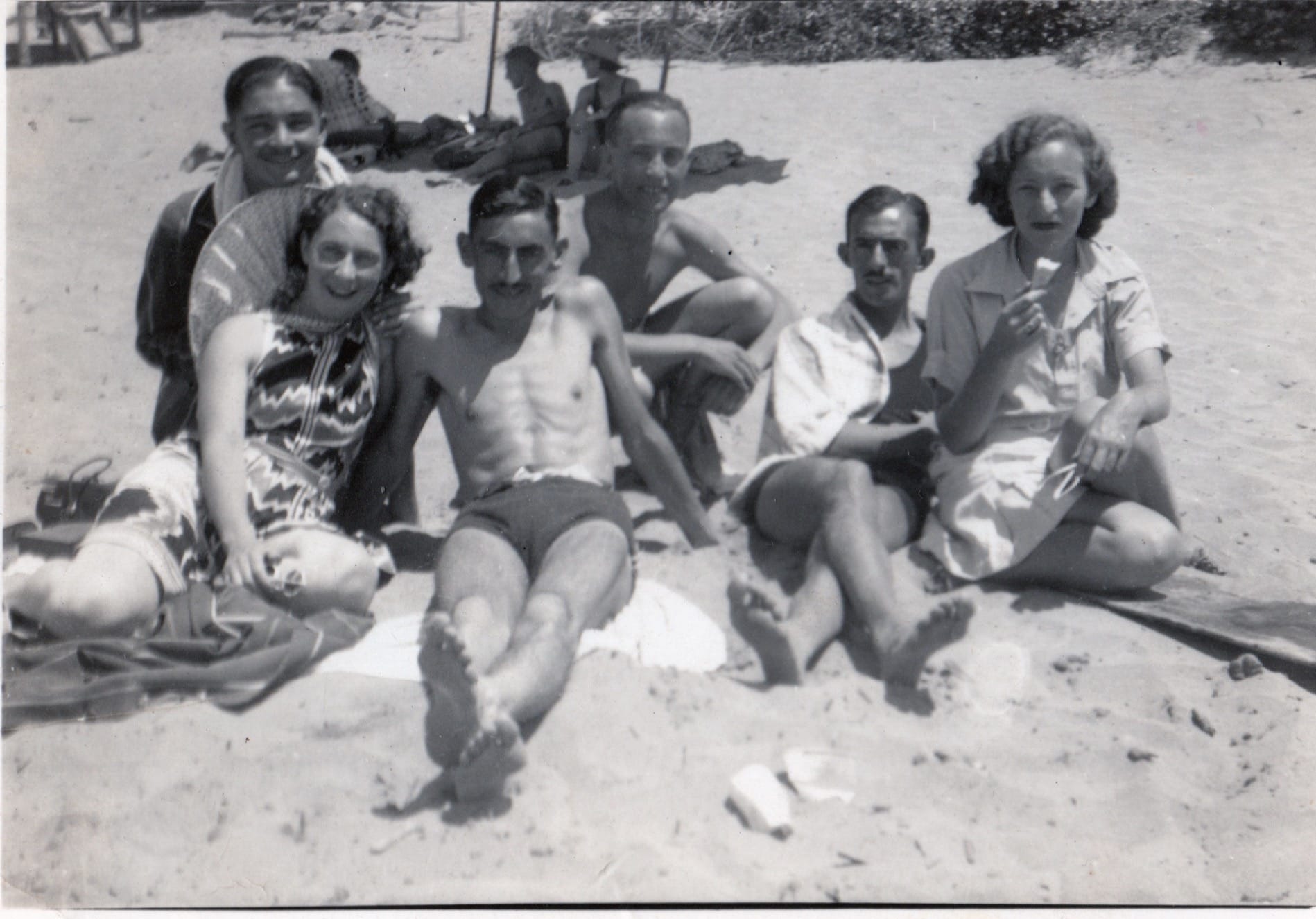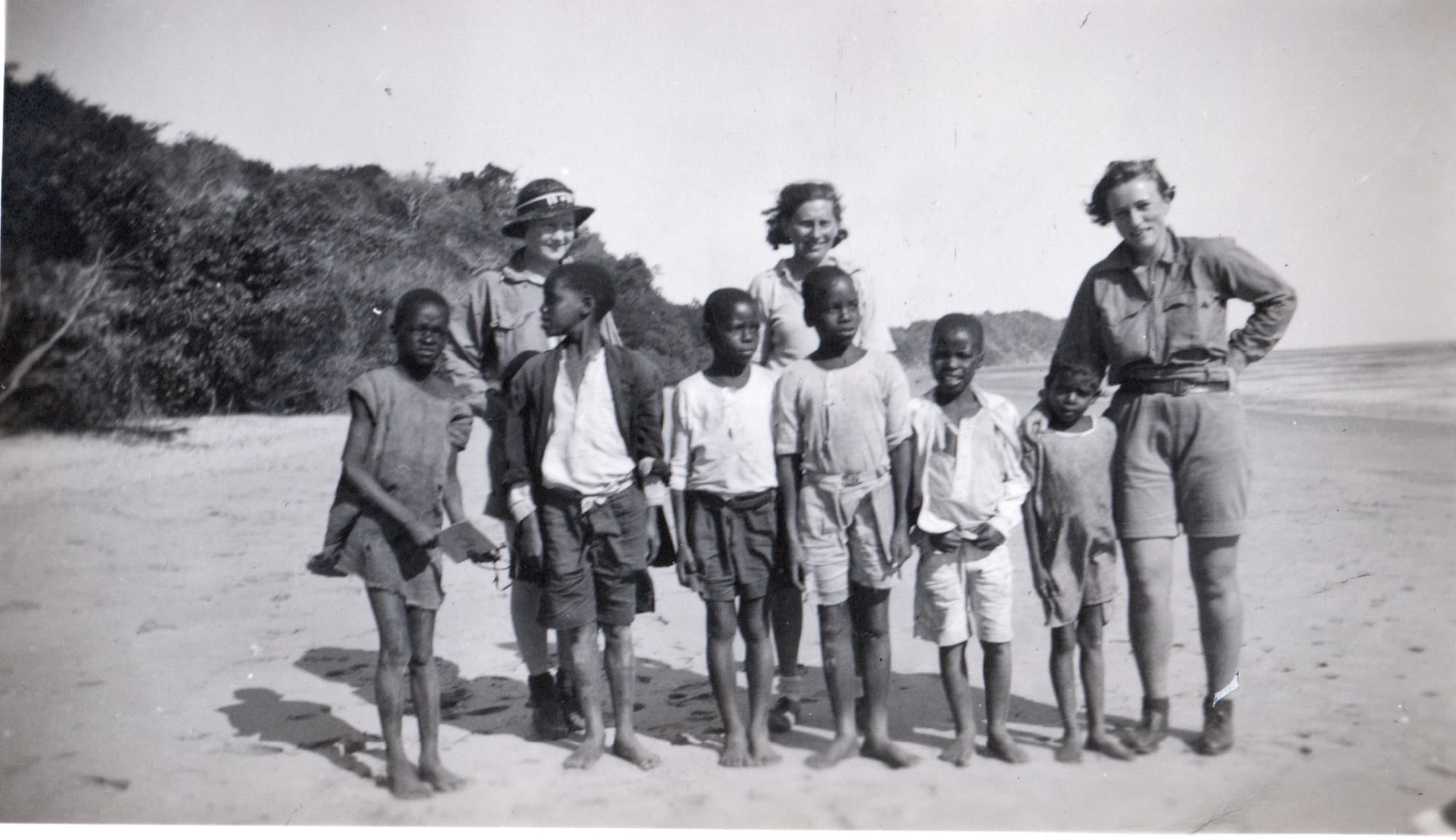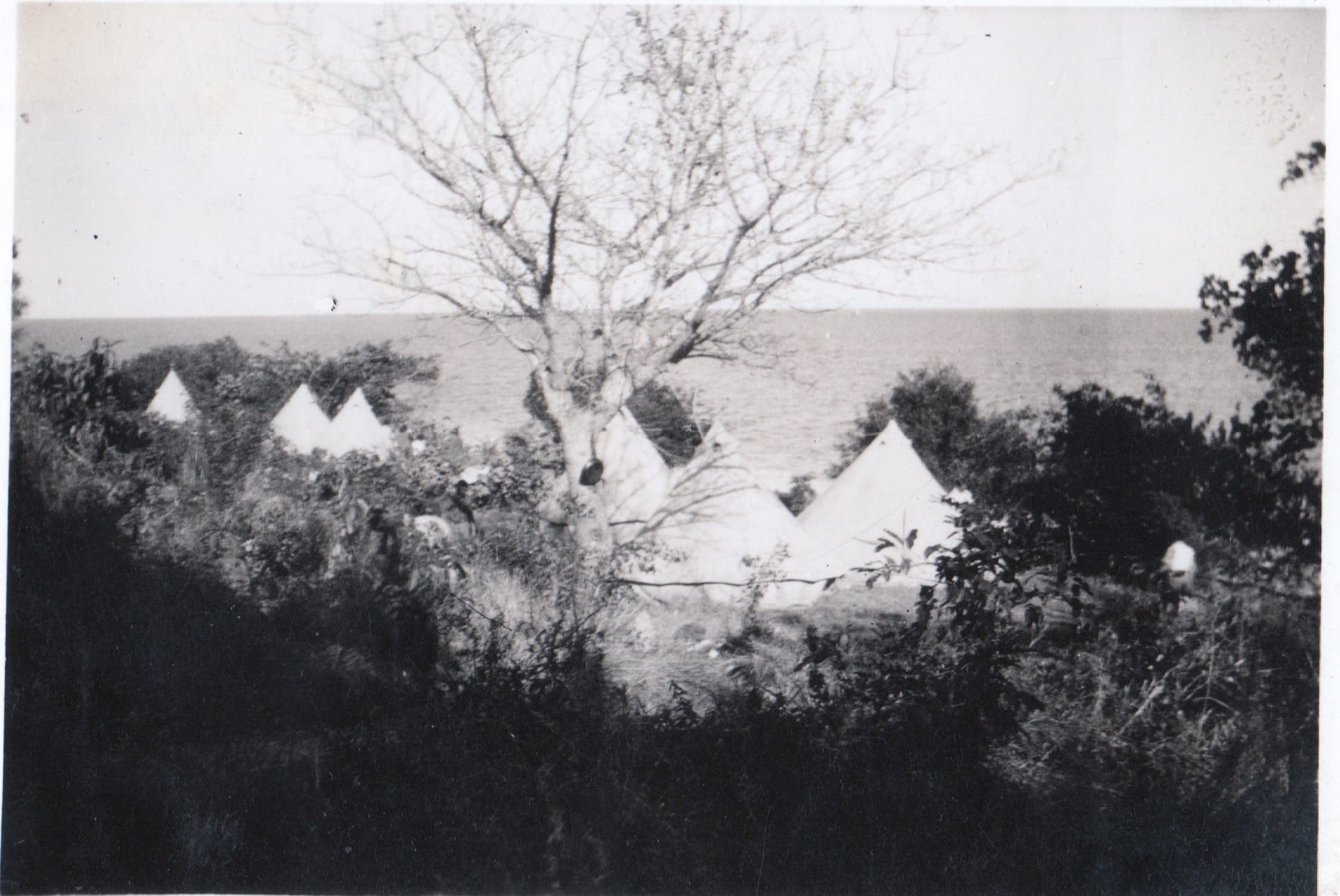Foreign Flora, Fauna And...
Lorenco Marquis (LM), now Maputo, was Morris Hirsch's first experience of a foreign culture.

Arriving in Lorenco Marques (LM), now Maputo, was Morris Hirsch's first experience of a foreign culture. The first and last nights of their expedition were spent at the plush Polona Hotel with its old world splendor. The view from there perched on a promontory overlooking the harbor was a delight. Its casino was also a first for Morris. But he was happy just to watch, giving encouragement to Ike Eidelman who enjoyed first time luck to scoop up significant winnings.
The Portuguese were so different from the South Africans. The signs and the language, the architecture, the sidewalk cafes, restaurants, and the diminutive policemen in khaki, brandishing a baton were such a contrast to South Africa. It was never segregated officially. Portugal had sailed the Seven Seas so there was great variety in the people.
The next morning, fifteen men and fifteen women students with a few faculty members, boarded a small tugboat and set off for the five-hour trip to Inhaca Island at the mouth of the Bay. The crossing was rough to say the least. All and sundry, except Morris lay prone on the deck, heads over the side, intermittently heaving with seasickness. He wondered why they could not pull themselves together having rid themselves of all their gastric contents!
On arrival, not withstanding their condition, they had to set up camp to settle in for the three week study of the diverse range of flora and fauna of the forlorn island. Glorious crescents of sandy beaches and pristine waters beckoned when the work was done. (Decades later Inhaca was to become a tourist resort until Frelimo destroyed its tourism in its impoverishment of Mozambique.)
Morris was not much interested in botany or zoology, but he was interested in the leper colony there. It had been in existence since before the turn of the century and almost abandoned to its fate. They were supplied with fish regularly from the only small fishing village two or so miles away. A doctor from the mainland called in every few months, more as a formality, for apart from Portuguese neglect, the specific anti-leprosy drugs were yet to appear. The pathology was gross and shocking. The students came away from their first visit in silence.
However, there was one striking anomaly. A young male resident was free of leprosy and robustly healthy, although born of leper parents and having lived in close contact all his life. He refused to leave the colony when given the opportunity as he wished to play his part in its maintenance.
The only resident officials were the Lighthouse keeper and the Governor(!) He was informative and hospitable but unable to attend a reciprocal braaivleis (cookout) the students invited him to as he had to attend a periodic testing of his syphilis in LM, of which he spoke quite unashamedly!


The historical novel Whitewashed Jacarandas and its sequel Full of Possibilities are both available on Amazon as paperbacks and eBooks.
These books are inspired by Diana's family's experiences in small town Southern Rhodesia after WWII.
Dr. Sunny Rubenstein and his Gentile wife, Mavourneen, along with various town characters lay bare the racial arrogance of the times, paternalistic idealism, Zionist fervor and anti-Semitism, the proper place of a wife, modernization versus hard-won ways of doing things, and treatment of endemic disease versus investment in public health. It's a roller coaster read.
Excerpt from Dr. Morris Isaac Hirsch's unpublished Memoirs, Hirsch Archives
Photo references: Hirsch Archives.

